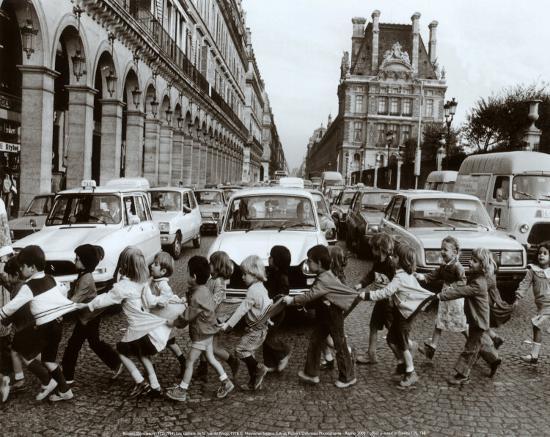When the sovereign is elective, or narrowly watched by a legislature which is really elective and independent, the oppression that he exercises over individuals is sometimes greater, but it is always less degrading; because every man, when he is oppressed and disarmed, may still imagine that, while he yields obedience, it is to himself he yields it, and that it is to one of his own inclinations that all the rest give way. In like manner, I can understand that when the sovereign represents the nation and is dependent upon the people, the rights and the power of which every citizen is deprived serve not only the head of the state, but the state itself; and that private persons derive some return from the sacrifice of their independence which they have made to the public. To create a representation of the people in every centralized country is, therefore, to diminish the evil that extreme centralization may produce, but not to get rid of it.
I admit that, by this means, room is left for the intervention of individuals in the more important affairs; but it is not the less suppressed in the smaller and more privates ones. It must not be forgotten that it is especially dangerous to enslave men in the minor details of life. For my own part, I should be inclined to think freedom less necessary in great things than in little ones, if it were possible to be secure of the one without possessing the other.
Subjection in minor affairs breaks out every day and is felt by the whole community indiscriminately. It does not drive men to resistance, but it crosses them at every turn, till they are led to surrender the exercise of their own will. Thus their spirit is gradually broken and their character enervated; whereas that obedience which is exacted on a few important but rare occasions only exhibits servitude at certain intervals and throws the burden of it upon a small number of men. It is in vain to summon a people who have been rendered so dependent on the central power to choose from time to time the representatives of that power; this rare and brief exercise of their free choice, however important it may be, will not prevent them from gradually losing the faculties of thinking, feeling, and acting for themselves, and thus gradually falling below the level of humanity.
Alexis de Tocqueville, from "What Sort of Despotism Democratic Nations Have to Fear"
Thank you, Kurt.









































































































































































No comments:
Post a Comment